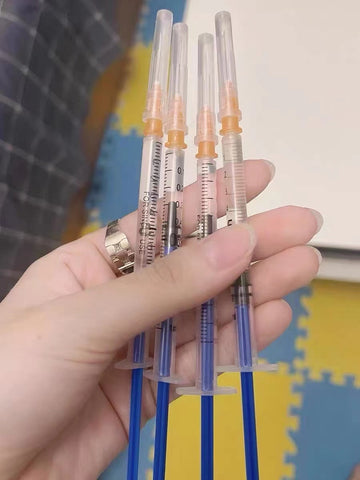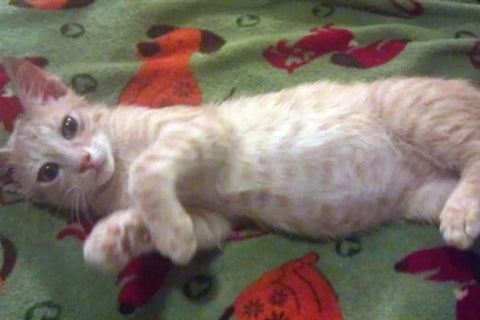Feline Infectious Peritonitis (FIP) is a fatal viral disease that affects cats of all ages. It is caused by a coronavirus that mutates and attacks the immune system, leading to a variety of clinical signs that can be difficult to diagnose.

The virus responsible for FIP is present in the feces and saliva of infected cats, making transmission easy in multi-cat households and catteries. Kittens and cats with compromised immune systems are more susceptible to the disease.
The most common clinical signs of FIP include fever, lethargy, anorexia, weight loss, and accumulation of fluid in the abdomen or chest. These clinical signs can mimic other diseases, making diagnosis challenging. However, a definitive diagnosis can be made through a combination of clinical signs, laboratory tests, and histopathology.
There is currently no cure for FIP, and treatment options are limited. Palliative care can provide some relief to affected cats, but it is often only a temporary solution. Recently, a new treatment option has emerged in the form of an antiviral drug called GS-441524, which has shown promising results in treating FIP.

Prevention of FIP is crucial, and can be achieved through good sanitation practices and vaccination. Although there is no vaccine that provides 100% protection against FIP, vaccination can significantly reduce the risk of infection and severity of the disease.
In conclusion, Feline Infectious Peritonitis is a serious disease that affects cats worldwide. It is important for cat owners to be aware of the disease, its clinical signs, and the available treatment options. Good sanitation practices, vaccination, and early diagnosis are key to preventing and managing the disease.

